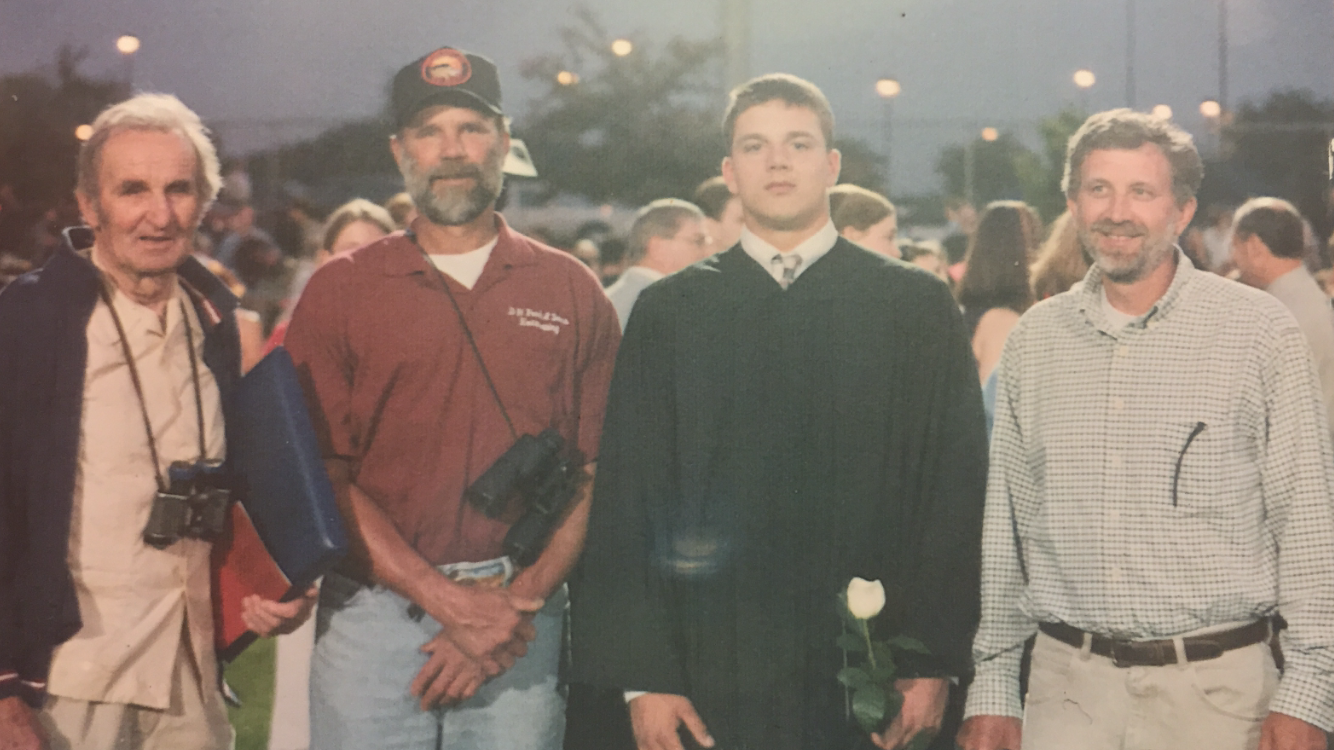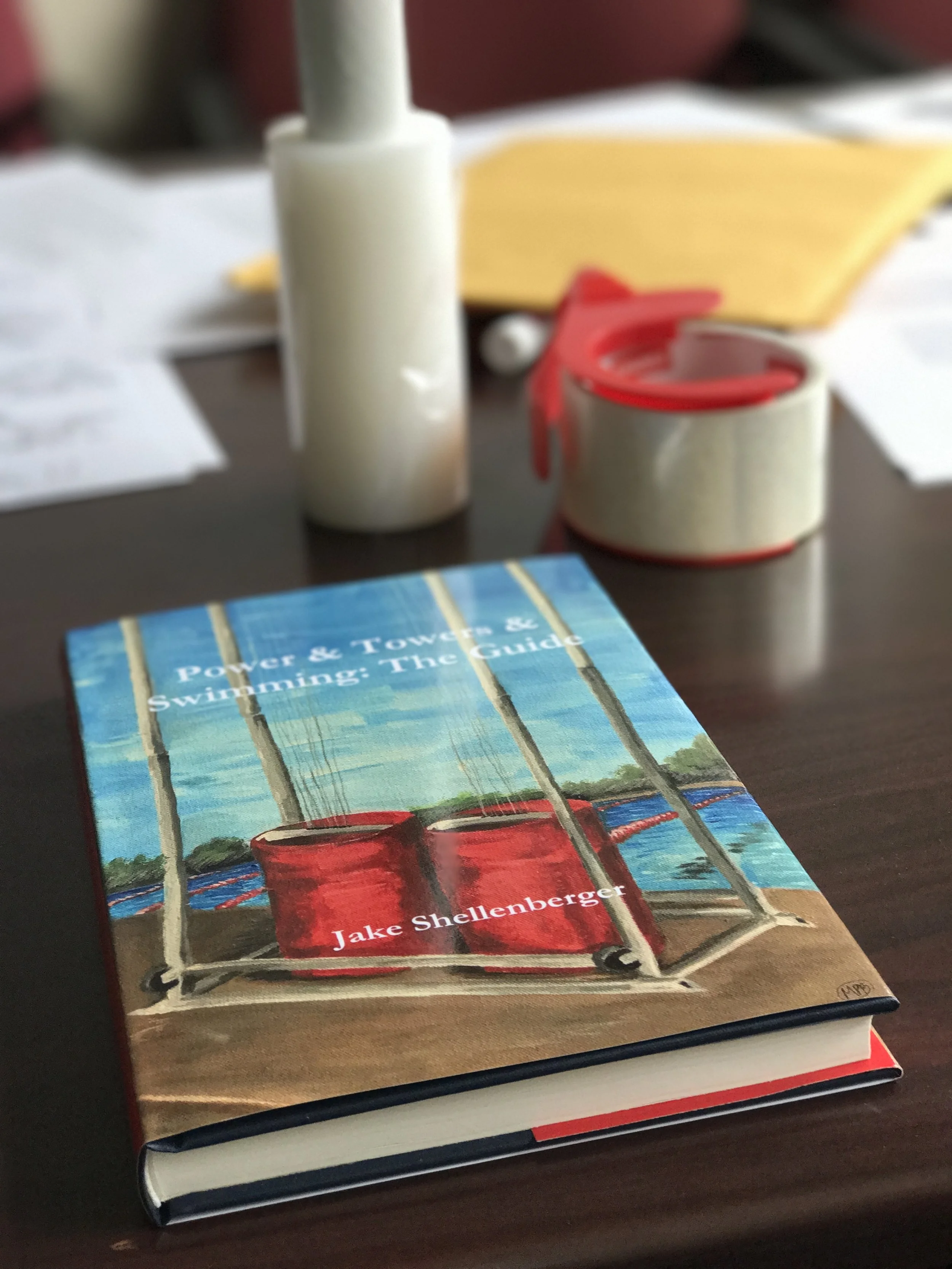Social Media Vs. Social Capital
Social media. Social networking. We have Twitter, Facebook, Instagram and so forth...no doubt there are quite a few more, the likes of which I have not yet discovered. We can say with certainty that social media in its current form and the evolution it will undergo over the coming years is here to stay. For the record, I have a Facebook, Twitter, LinkedIn, YouTube, and Instagram account. I am not a Yik Yakker, nor will I delve into Snapchat or similar. I walk a fine line of sorts - for personal and professional purposes I do want to stay up to date and relevant in the social media world, however I feel a strong desire to unplug and connect on a more personal level whenever possible, and I make time to do so. My thoughts today will examine the idea of social media and networking vs. social capital, the latter a term used by social scientists to describe the various forms of civic engagement that have helped define American Exceptionalism since our founding...
The year was 2002. I was 19 years old and the new head swimming coach of the Mount Joy Lions Swim Team, of the Lancaster County Summer Swim League. The Mount Joy Community Pool is owned and operated by the Mount Joy Lions Club of Mount Joy, PA. At 19 I had a limited knowledge of the Lions Club International and service organizations in general...I certainly had no knowledge of Robert Putnam or Charles Murray, two of the leading social scientists of our time, and had no knowledge of the term social capital and its importance in American civic life. I was invited to a Lions Club meeting that year to be introduced to the club as the new coach, and looking back, I wish I had been exposed to the term social capital, for I would have appreciated the visit much more.
There was a piano in the main hall, a large square room with tables and chairs that doubled as a dining area and the meeting room for the club. The hall was filled with men and women, mostly men, and the majority were old enough to have been my grandparents. The meeting opened with songs on the piano, a mix of folk and patriotic, the pianist moving sprightly from one score to the next. I thought it an odd scene, and when "I've Been Working on the Railroad" broke out, I loathe admitting I felt quite uncomfortable asking Dinah to blow her horn in unison with 75 year old men. Oh, the limited wisdom of our youth!
I am 32 now, and can fully appreciate the Lions Club International's 1.3 million members, spread out over 46,000 clubs and 200 different countries. Having read Charles Murray's Coming Apart and examined Robert Putnam's work in Bowling Alone, I appreciate social capital, understand how it works in our communities, and share Murray and Putnam's concern that social capital has eroded in the United States over the past 50+ years. The research from Murray and Putnam is stunning. Civic engagement and social capital in general has declined sharply since 1960, and in some segments of American society is on the brink of imminent collapse. Some examples from Murray 1 -
Voted in presidential elections...down 22% since 1960
Attended a public meeting on town or school affairs...down 35% since 1973
Served as an officer in a club or organization...down 42% since 1973
Worked for a political party...down 42% since 1973
Served on a committee for a local organization...down 39% since 1973
Percentage of parents with children under 18 who are members of the PTA...down 61% from 1960
Average membership rate in 32 national chapter based associations (such as the Lions Club)...down 50% from 1960
Times per year that people entertain friends at home...down 45% from 1975
Membership in men's bowling leagues per 1,000 men...down 73% from 1963
Among countless other examples... While Americans are more "social" than ever, we are withdrawing more and more from our real world communities and engaging in an ever expanding digital universe. I do not want to sound as though I am a curmudgeon in regards to social media and social networking...as stated I have my accounts and use them frequently for professional and personal endeavors. I love the ability to log into Facebook and stay up to date with friends and family in different geographic locales. I find Twitter immensely beneficial for coaching...both in regards to recruiting high school student-athletes and in connecting professionally with club and high school coaches across the country. I do however share Murray and Putnam's concern that we as a society are losing something special when we fail to engage in our communities on a personal level. I believe we must all do our part to strengthen said communities through appropriate social capital - the rewards are many and of no consequence to us!!
I engage in several forms of social capital, and plugging into my local community here in Lynchburg has had a tremendous impact on my life. I co-lead a men's only bible study, which brings together men from all ages and all walks of life to improve themselves as students, husbands, fathers, grandfathers, business leaders, Christ followers, and so on and so forth. We have for example, 18 year old freshmen in college learning from 70 year old grandfathers, we may occasionally have 70 year old grandfathers learning from 18 year old freshmen in college as well! I am also a member of a worldwide service organization with several million members, and we engage the local community through various service projects. I will also be adding a third outlet for social capital in the next few weeks, and I am excited about this new opportunity to meet men and engage in the local community. My church here in Lynchburg has a small group called Men's Fitness, where men from the church get together twice a week to lift weights and then pray for one another afterwards. A weight room in a church? Lifting weights with other men and then praying together? What could be better? Sign me up!!!
Thinking back to the 2002 Lions Club meeting in Mount Joy with the wisdom I have now...I would have sung my heart out with those men, knowing we were connecting on a personal level and engaging in an important part of our American heritage...singing together as men in a local community...perhaps social capital in its purest form!
I encourage you then to find an outlet for the aforementioned concept of social capital. Unplug from the digital world and plug into your local community. "This is a theory which every man of every faith or no faith at all can embrace..." Host a dinner party. Join a local club or service organization. If a member of a church, get involved on a day other than Sunday. Join a small group. Coach a little league team. Volunteer at a local hospice. There are countless ways one can engage...the key is to start now, and make haste!
1. Murray, Charles. Coming Apart: The State of White America, 1960 - 2010. p241.



